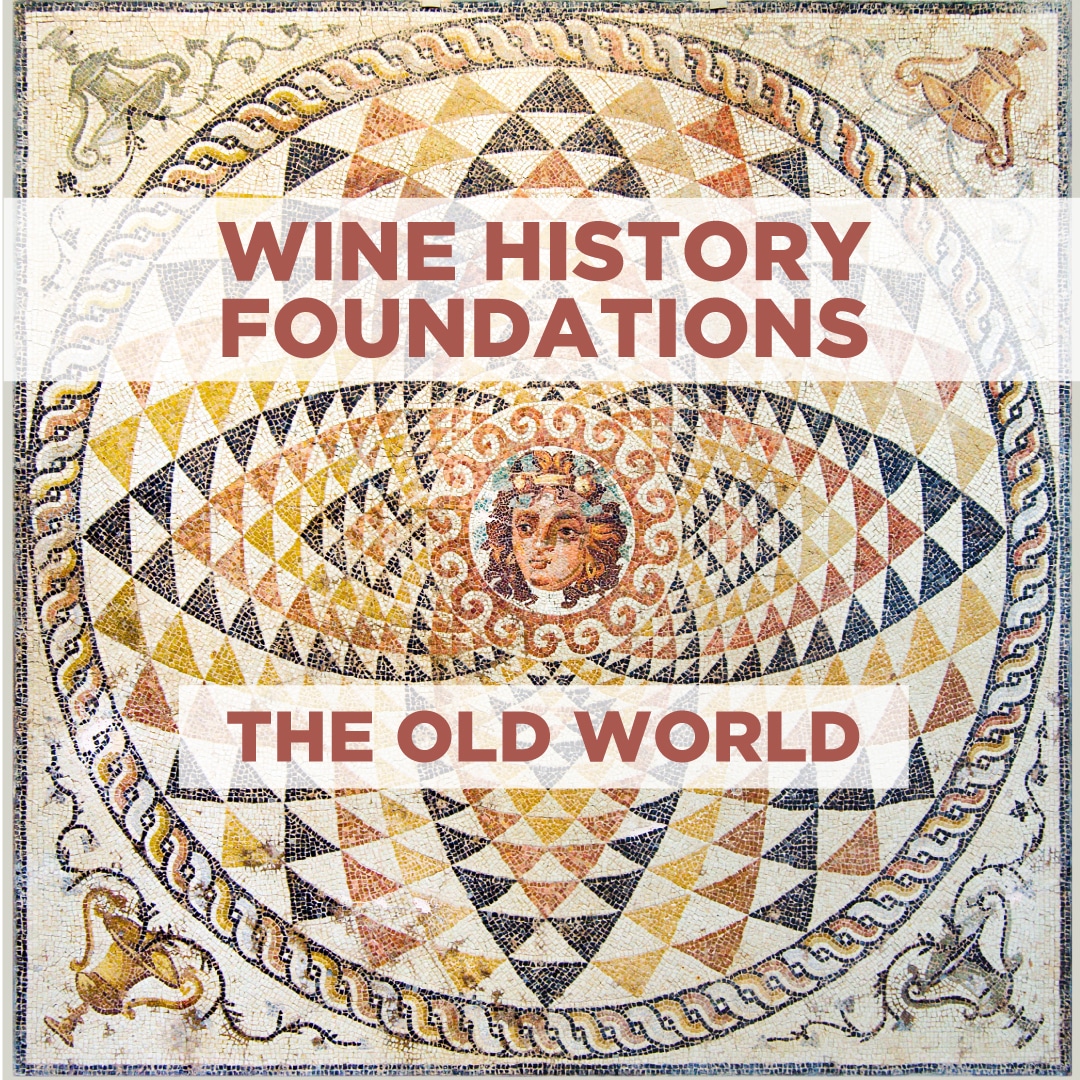Wine Quiz - Greek Wines
Greek Wines - Wine Styles, Wine Regions, Winemaking
Introduction to Greek Wines
- Greece’s wine history dates back over 4000 years, making it one of the oldest wine-producing regions in the world.
- The country’s unique climate and terrain contribute significantly to the distinct flavors and characteristics of Greek wines.
- Greek wines are gaining international acclaim, with an increasing presence in global wine markets.
The History of Greek Wine Making
- Early Beginnings: Evidence of winemaking in Greece dates back to the Bronze Age, showcasing the long-standing tradition of viticulture in the region.
- Influence of Ancient Greece: The Greeks were instrumental in spreading viticulture across the Mediterranean, influencing Roman and European wine cultures.
- Modern Revival: The 20th and 21st centuries have seen a resurgence in the quality and diversity of Greek wines, propelled by modern winemaking techniques and a focus on indigenous grape varieties.
Understanding Greek Wine Styles
- White Wines: Known for their aromatic complexity and minerality, Greek white wines often display notes of citrus and floral aromas.
- Red Wines: Greek red wines typically feature rich, earthy flavors with hints of spice and red fruit, along with notable tannins.
- Rosé and Dessert Wines: Greek rosé wines are known for their freshness and fruitiness, while dessert wines often exhibit sweet, concentrated flavors with a balanced acidity.
Key Wine Regions of Greece
- Santorini: Famous for its volcanic soil, which imparts a unique minerality to its wines, particularly the Assyrtiko variety.
- Crete: Offers a diverse range of wine styles due to its varied topography and microclimates.
- Peloponnese: Known for Nemea, a region famous for its Agiorgitiko grape, producing wines with depth and complexity.
The Winemaking Process in Greece
- Traditional Methods: Techniques like aging in amphorae (clay vessels) and the use of indigenous yeasts are still prevalent.
- Modern Techniques: Adoption of stainless steel fermentation tanks and temperature-controlled environments for more consistent quality.
- Harvesting Practices: Many vineyards still practice hand-picking, ensuring the selection of the best grapes for wine production.
Famous Greek Grape Varieties
- Assyrtiko: A high-acid grape variety, thriving particularly in the volcanic soils of Santorini, producing crisp, mineral-driven wines.
- Agiorgitiko: Known as “Saint George’s grape,” it’s versatile, used in both dry and sweet wines, and has a potential for aging.
- Xinomavro: Often compared to Italy’s Barolo, it’s known for its high tannins and acidity, and ages well, developing complex flavors over time.
Food Pairing with Greek Wines
- Greek white wines pair excellently with seafood and Mediterranean dishes, enhancing the flavors with their acidity and freshness.
- Red Greek wines complement grilled meats, stews, and rich cheeses, offering a harmonious balance with their robust profiles.
- Sweet and dessert wines from Greece are perfect with fruit-based desserts or as a standalone after-dinner treat.
Greek Wine and Its Cultural Significance
- Wine is a central element in Greek gastronomy and social gatherings, often symbolizing hospitality and celebration.
- In ancient Greece, wine was a part of daily life, religious ceremonies, and mythology, underscoring its cultural importance.
- Modern Greek wines are seen as a connection to the country’s rich history and a reflection of its diverse landscapes.
Visiting Greek Vineyards
- Tourists can experience traditional winemaking processes and engage in wine tastings set in picturesque landscapes.
- Many vineyards offer guided tours, providing insights into the history of Greek winemaking and local grape varieties.
- Visiting during harvest season offers a unique perspective on the winemaking process, from grape picking to the first stages of fermentation.
The Future of Greek Wine Industry
- There is a growing trend towards organic and sustainable winemaking practices in Greece, appealing to environmentally conscious consumers.
- Greek winemakers are experimenting with blending indigenous and international grape varieties, creating innovative wine styles.
- The increasing popularity of Greek wines in international markets is encouraging investment and development in the Greek wine industry.
Understanding Wine Labels in Greece
- Greek wine labels often include the grape variety, region of origin, and sometimes the vineyard, providing valuable information about the wine’s character.
- Labels may also indicate whether the wine is organic, the year of harvest, and any specific winemaking practices used.
- Understanding these labels can enhance the wine-tasting experience, offering clues to the wine’s flavor profile and quality.
Greek Wine in International Markets
- Greek wines are becoming more visible in international wine competitions and fairs, gaining recognition for their quality and uniqueness.
- Exports of Greek wine have been steadily increasing, with a growing interest in indigenous grape varieties like Assyrtiko and Agiorgitiko.
- Wine critics and connoisseurs around the world are beginning to appreciate the depth and diversity of Greek wines, leading to a broader global presence.
Sustainability in Greek Winemaking
- Many Greek vineyards are adopting organic farming practices, reducing the use of chemicals and focusing on soil health.
- Water conservation and sustainable land management are key priorities in the arid climate of many Greek wine regions.
- Wineries are increasingly using renewable energy sources and implementing eco-friendly practices in both vineyard management and production processes.
Greek Wine Festivals and Events
- Wine festivals in Greece offer a blend of cultural experiences, showcasing traditional music, food, and of course, a wide array of wines.
- These events are great opportunities to taste rare and local wines, often not widely available outside the region.
- Wine tourism is growing in Greece, with festivals serving as a major attraction for both local and international wine enthusiasts.
Conclusion: The Unique Charm of Greek Wines
- Greek wines offer a unique combination of history, tradition, and innovation, appealing to a wide range of wine lovers.
- The diversity in styles, from crisp whites to robust reds and sweet dessert wines, means there is a Greek wine for every palate.
- As the Greek wine industry continues to evolve, it holds a promising future, poised to make a lasting impact on the global wine scene.
FAQs
What makes Greek wines unique?
- Greek wines are unique due to their indigenous grape varieties, the diverse terroirs influenced by the country’s varied climate and geography, and the blend of ancient and modern winemaking techniques.
Can Greek wines be aged?
- Yes, many Greek wines, especially reds like Xinomavro and Agiorgitiko, have excellent aging potential, developing more complex flavors over time.
Are there any sweet Greek wines?
- Yes, Greece produces a variety of sweet wines, including Vin Santo from Santorini and Muscat-based dessert wines from Samos and other regions.
What food pairs well with Greek wines?
- Greek wines are versatile and pair well with a wide range of foods. White wines complement seafood and light dishes, while reds are great with meaty stews, grilled meats, and cheeses.
Is wine tourism popular in Greece?
- Yes, wine tourism is growing in Greece, with many vineyards offering tours and tastings, set in picturesque landscapes rich in history and culture.











